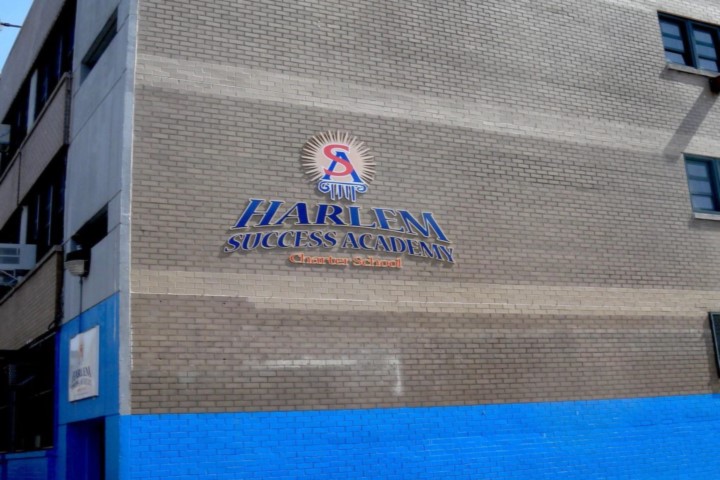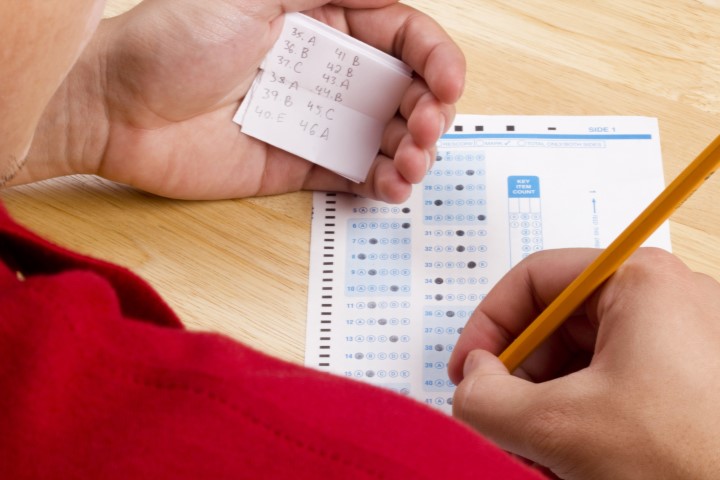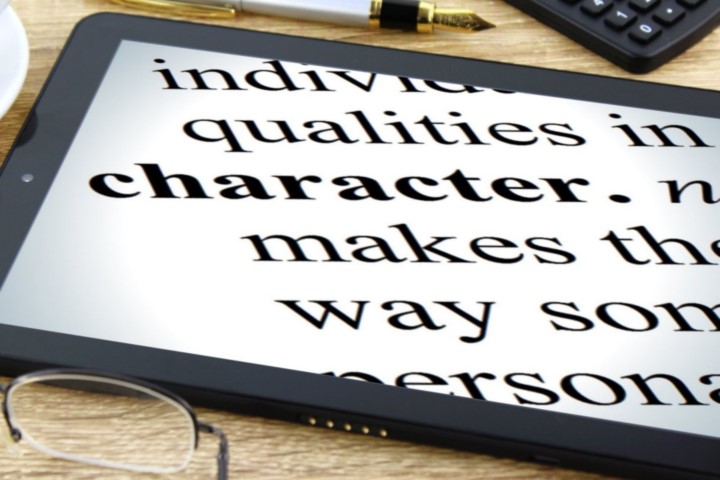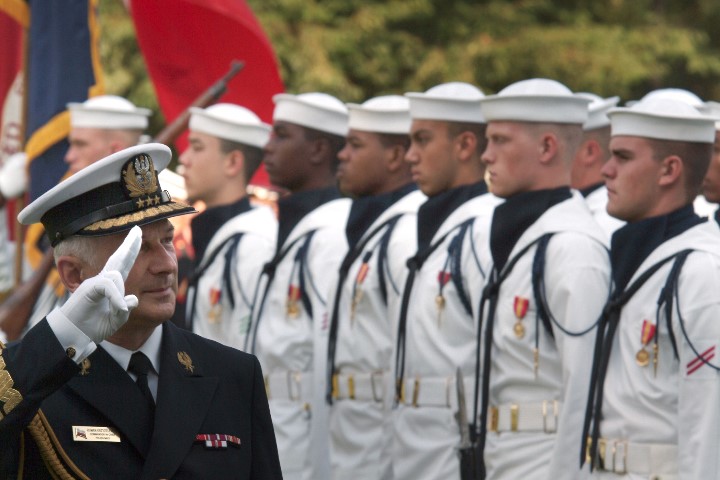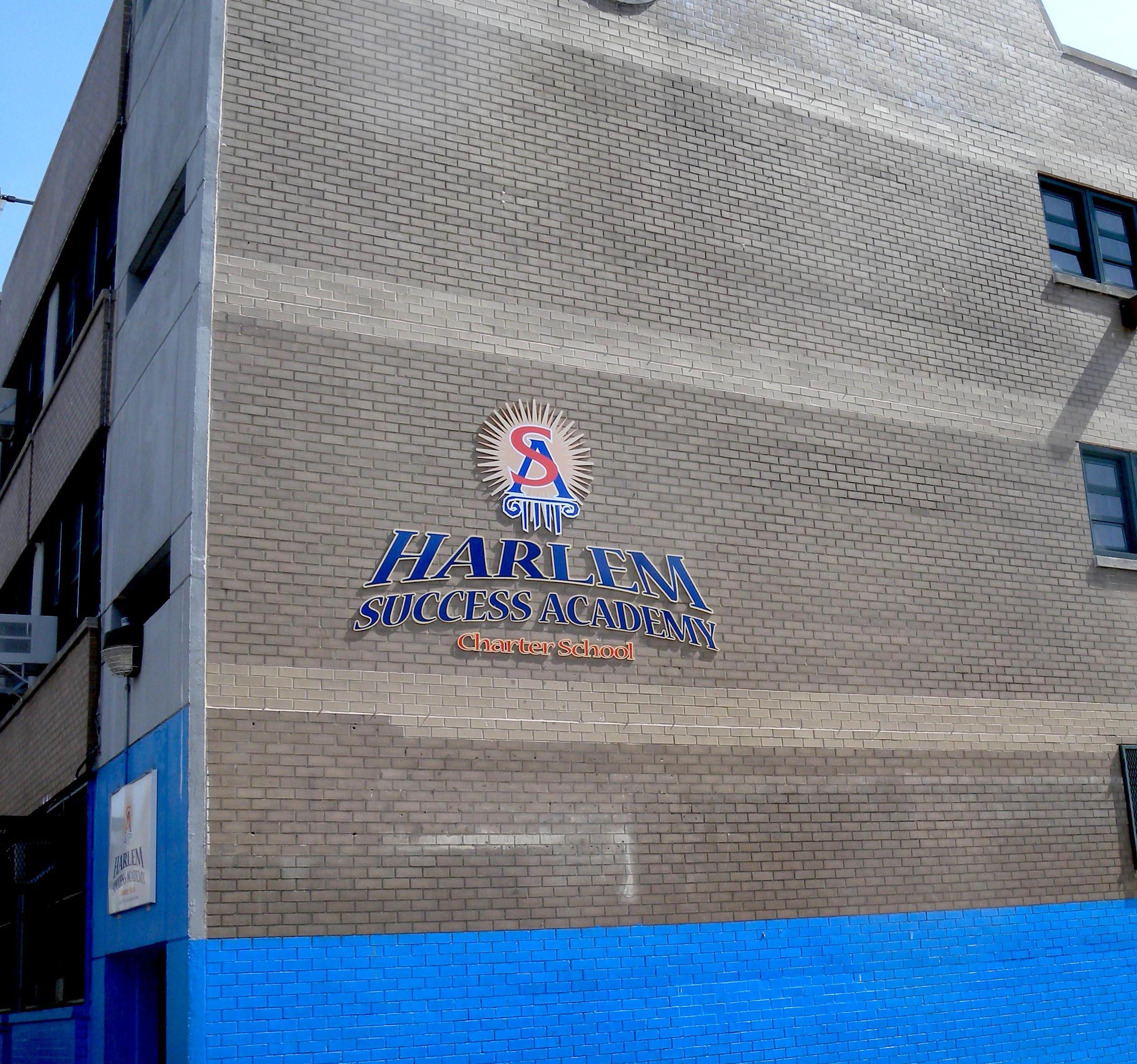Success Academy is well known for outstanding academic achievement: With 15,500 students, our network of 46 charter schools is the size of the seventh largest school district in New York State and had the highest percentages of students passing last year’s state math and reading exams. Last year, we received the prestigious Broad Prize for the “greatest academic performance and improvement while reducing achievement gaps among low-income students and students of color.” Four of our schools have earned National Blue Ribbons.
But we believe our students’ academic accomplishments are nothing if they do not also possess strong moral character. So in addition to teaching our scholars to be good readers, writers, mathematicians, and scientists, we believe they need to be people of high moral character who are self-reflective about their actions.
Teaching moral character scares many educators. That’s commonly because of a belief in relativism, an appropriate concern not to impose ideas by simple authority on a diverse student body. True, our school community is diverse. Our families, scholars, teachers, and staff do all not share the same values. And as educators we must be careful not to impose our own political or religious values on students. Yet I think we can all agree that schools can and should teach students honesty and kindness.
Ethics and good character are a part of our daily instruction. We do not have a character development curriculum because we don’t believe learning right from wrong is something that happens from 11:05–11:55 twice a week. Rather, we have core values, and we teach them at the beginning of the year so that all new students know our north star—and we re-teach them throughout the year, since it’s easy to forget the what and the why.
At Success Academy, we mostly worry not about the kids, but the grownups. Ethics start with adults and filter to children. Respect for others and proper behavior are not just taught, but expected, modeled, and rewarded at Success Academy.
We spend much time on articulating and reinforcing what it means to be an ethical educator. Our core beliefs include academic integrity, of course, but also center on respecting children and treating them with kindness and consistency.
We believe it is unethical to tell students reflexively they are doing a “great job” when in fact their work is poor. We believe it is unethical to pretend to valorize thinking but actually valorize procedures. We believe that, as educators, we must give students as much independence as possible, but not so much that their mistakes are fatal.
We expect our scholars to prize integrity and to make smart, ethical decisions. We know and fear the irreparable consequences that can result from one lapse in good judgment. But we also expect moral lapses and gaps. When we find them, we stop and address them with radical candor.
This has been one of the most important ingredients to our success. It is impossible to imagine our current academic excellence without this emphasis on high moral character.
